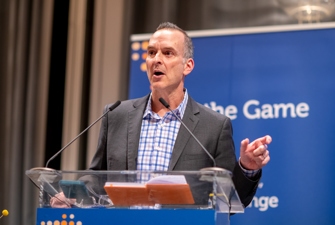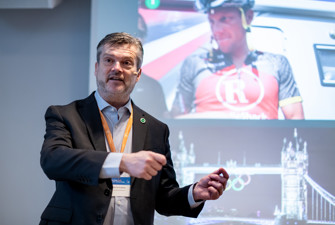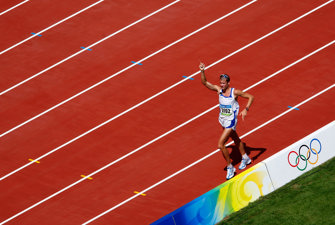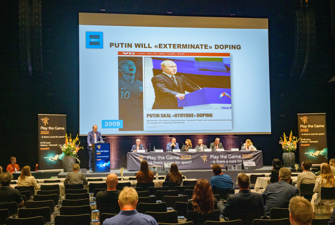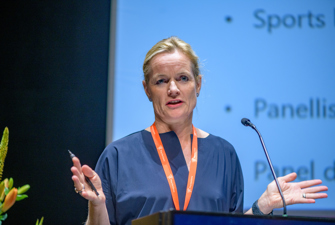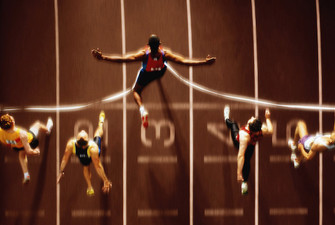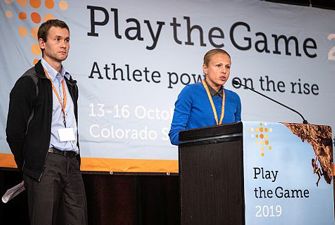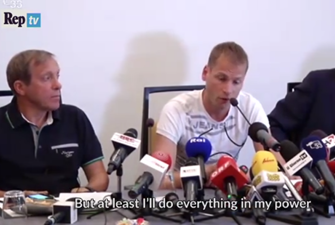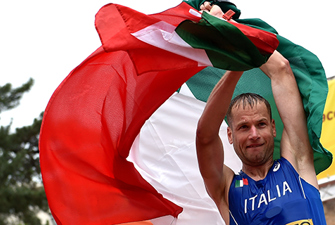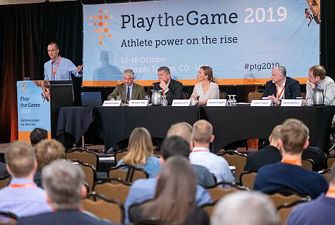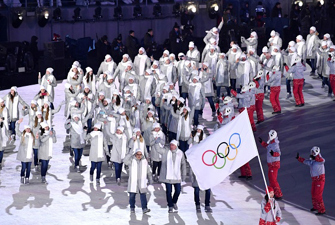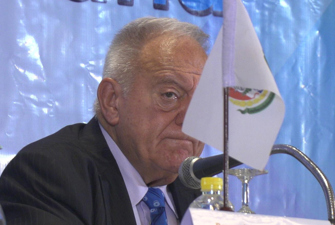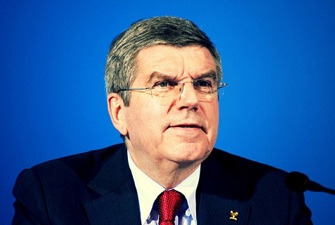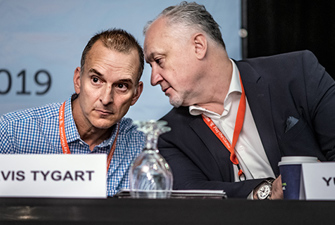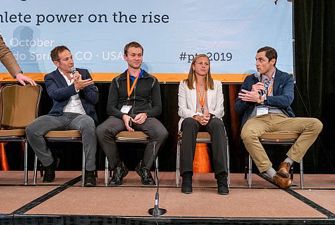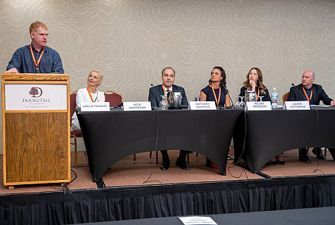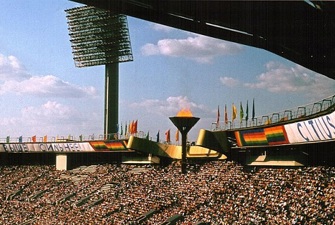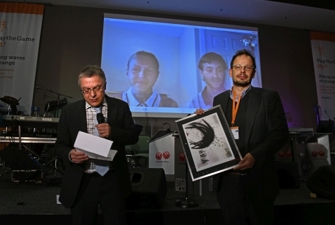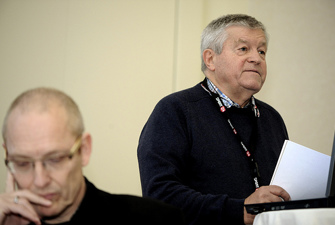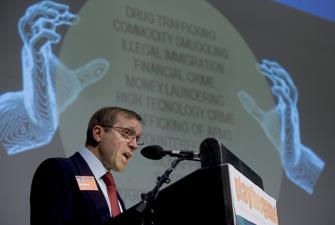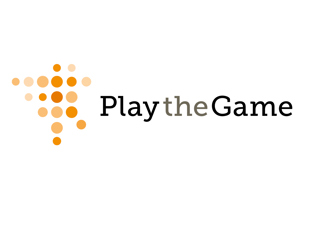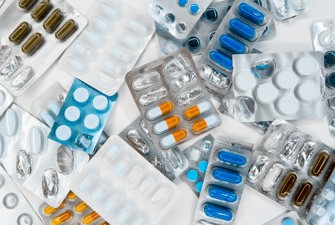What is wrong with doping?
The prospect of genetic doping does not change the main objections against doping in sport.
This document lists the main arguments used in different anti-doping strategies.
The term ‘doping’ refers to doping substances on the IOC/WADA-list of prohibited substances and to different performance enhancing techniques like for instance blood doping.
Doping is damaging for the athletes’ health
Widespread use of performance enhancing drugs entails a risk to the athlete.
Even though doping treatment in most cases is carried out under medical supervision there is still considerable uncertainty about potential side-effects and long-term consequences for most of the prevailing drugs.
A counter argument is that athletes are human beings with their own free will and should be allowed to decide for themselves whether they are willing to take the risks involved in the use of doping.
It is a paradox that health and risk-taking are used as arguments against doping, since engaging in rigorous training for high performance sport in general is unhealthy and pose great risks to the athletes involved. Objectors to doping thus argue for the maintenance of the ban against doping in order to protect the athletes from getting harmed by their own free decisions.
Doping is harmful to other athletes and the sporting environment
A much used argument against doping is that doped athletes coerce their non-doped and reluctant opponents into doping themselves to keep a competitive edge. Forcing athletes to engage in practises they strongly oppose makes doping an unethical practice.
Claudio Tamburrini, Senior Researcher at the Department of Philosophy, GothenburgUniversity, sees no problems in the suggested coercion in high performance sport.
According to him “benefits should be distributed in relation to efforts and risks undertaken”. If an athlete compromises his own health to attain victory, while others are more cautious, it is in Tamburrini’s eyes only fair that the former gain his laurels.
Broadening the perspective there is a risk that a general acceptance of doping in high performance sport will spread to other parts of the sporting environment and yield great social harm.
Doping entails unfair consequences for the athletes and the sport itself
The rationale underlying the argument of unfair competition is that the doped athlete gains an advantage by enhancing himself with the use of prohibited drugs which is unfair to the clean athlete.
However, high performance sport of today is not fair in itself. The unequal financial background of the athletes together with the unequal access to new training methods and modern equipment and facilities places an inherent inequality on modern day sport.
Lifting the ban on doping, as suggested by liberal sports scientists, would give all athletes the same starting point in theory. However, such a move would not make sport more fair overnight, as the economic inequality and hence the uneven distribution of doping drugs and strategies would maintain the unfairness implicit in doping.
Doping is essentially contrary to the spirit of sportA true sporting contest is a struggle between two or more opponents abiding by the same standardized rules with the aim of establishing the true differences in sporting skills.
Fairness in the contest requires that the outcome of the competition will be settled exclusively on grounds of athletic ability. Use of illicit drugs to enhance performance is against the rules, which is why a contest between a doper and a non-doper is unequal from the very beginning and therefore not a true sporting contest.
“Drugs are unnatural” claim the objectors to doping (even though many doping substances are naturally found in the human body). Rather than being a contests between persons and their athletic skills, sports contests between doped athletes are likely to be transformed into struggles between the best medically and technologically administered body.



